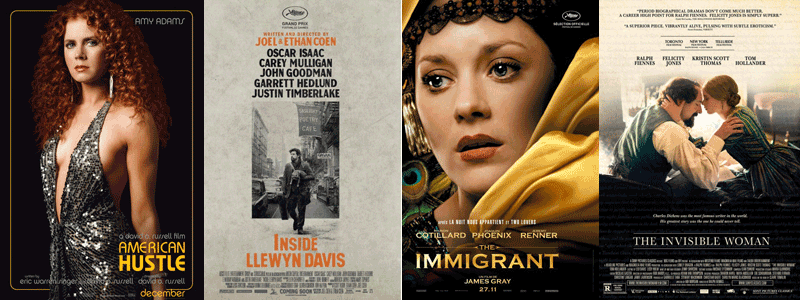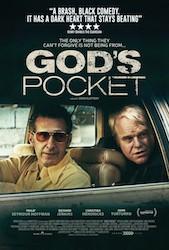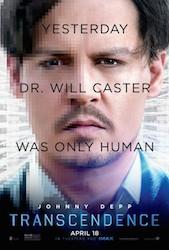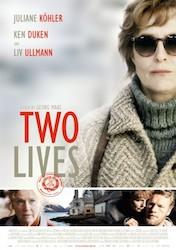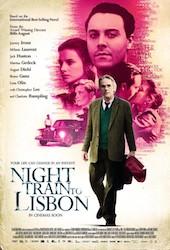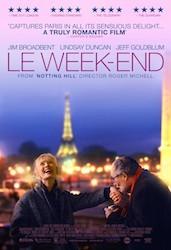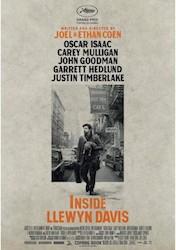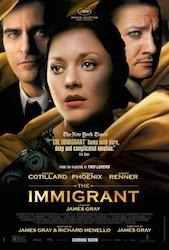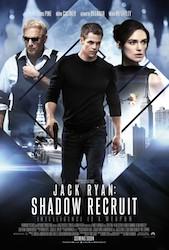“Night Train to Lisbon”-This film is a bit of a conundrum. It is interesting, unusual, mysterious, beautifully filmed, and has an outstanding cast who deliver fine performances, and yet is not totally satisfying. Raimund Gregorius (Jeremy Irons), a professor, upon crossing a bridge in the rain in Bern, Switzerland on the way to his school, sees a young woman standing on the parapet, looking down at the river, and saves her from suicide. He then escorts the young woman to his classroom, whereupon while he is teaching she gets up to leave the room and the building without her coat. When Gregorius checks the coat, he finds a book in the pocket written by a Portuguese writer from Lisbon named Amadeu, and he begins to read. Virtually without hesitation, he takes the coat and leaves his class to find the young woman. In the process, he discovers in the book a train ticket to Lisbon, and heads for the station, taking the first train. That anyone in his position would act so rashly is difficult to accept, but once in Lisbon, Gregorius sets out to find the author of the book and ultimately to solve a mystery going back to the waning days of the Salazar dictatorship in Portugal in the late 1960s and early 1970s. The story that unfolds is a tale of the Portuguese Resistance against the fascist dictatorship. In the process, Gregorious meets Amadeu's sister, Adriana (Charlotte Rampling), and little by little through persistence learns about Amadeu (Jack Huston), a young doctor, and his resistance colleagues, including Estefania (Melanie Laurent), Jorge (August Diehl), and João (Marco D’Almeida). The cast includes Tom Courtenay, Bruno Ganz, Lena Olin, Christopher Lee, and Martina Gedeck. Gregorious’ motivation is never explained. Curiosity? That hardly seems sufficient to drive him to the reckless abandonment of his class and home because of a few words he’s read in a book. But the melodramatic tale takes Gregorius on a journey of self to some extent, especially in his contact with a charming Lisbon optometrist (Martina Gedeck) who provides him with a new pair of glasses after his are broken in a street accident, and an important contact in learning Amadeu’s story. One disconcerting and puzzling aspect of the casting has to be noted. August Diehl, who portrays the young Jorge, is tall and speaks English with barely an accent. Bruno Ganz, who plays the elder Jorge, is short and speaks with a thick accent. B (9/17/14) | |

